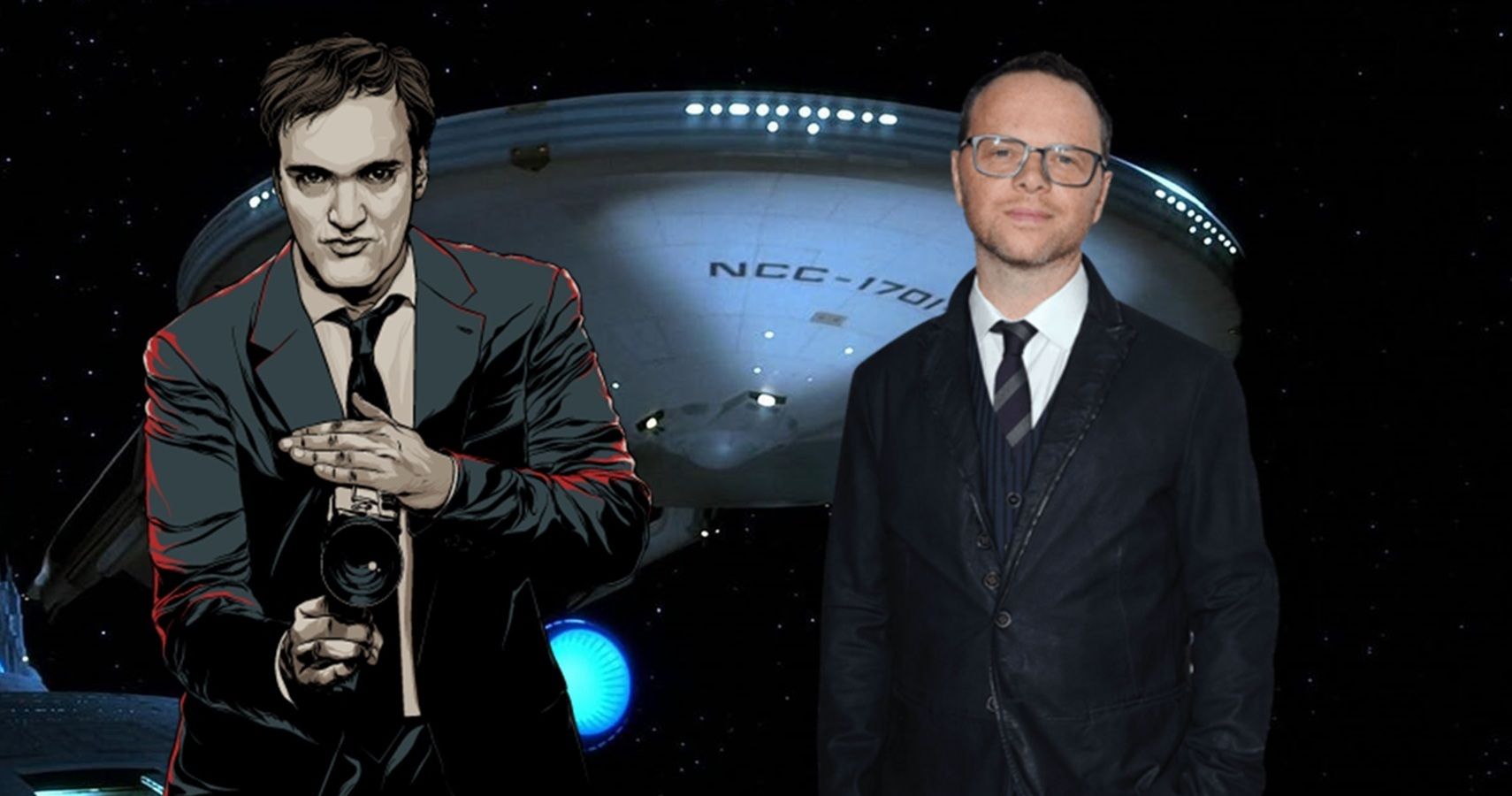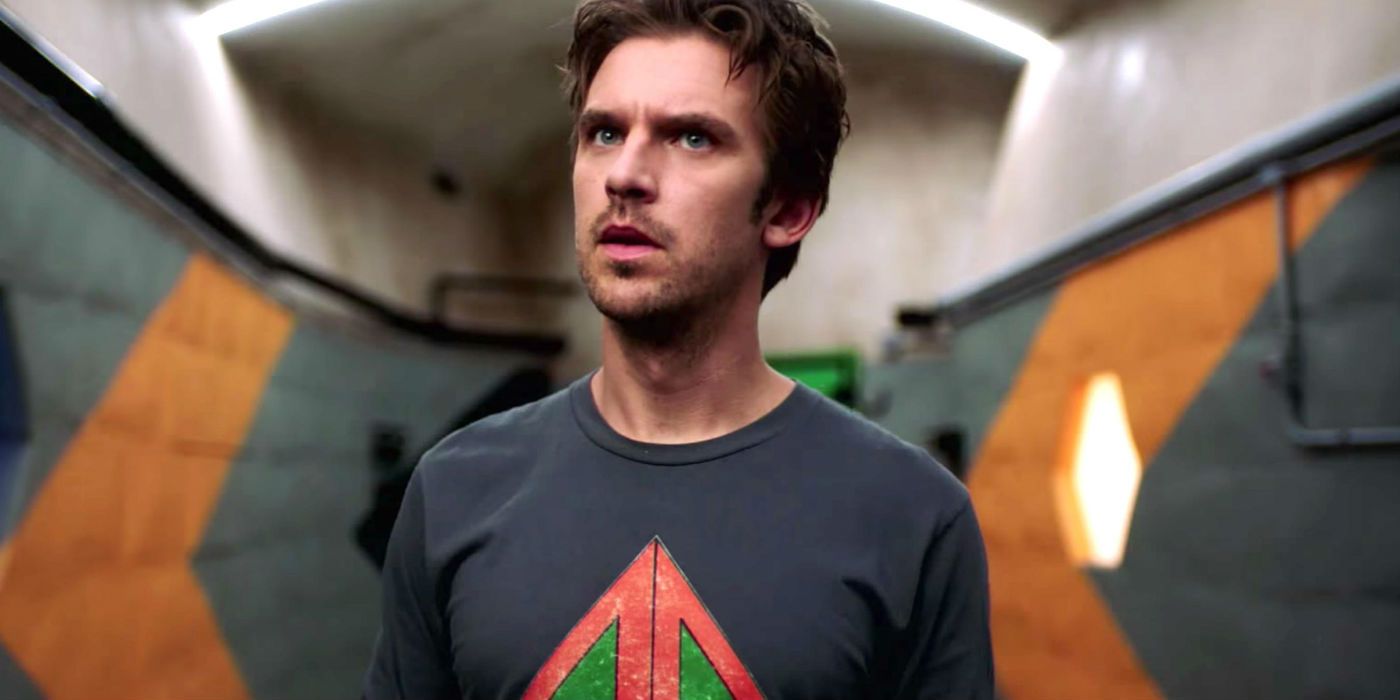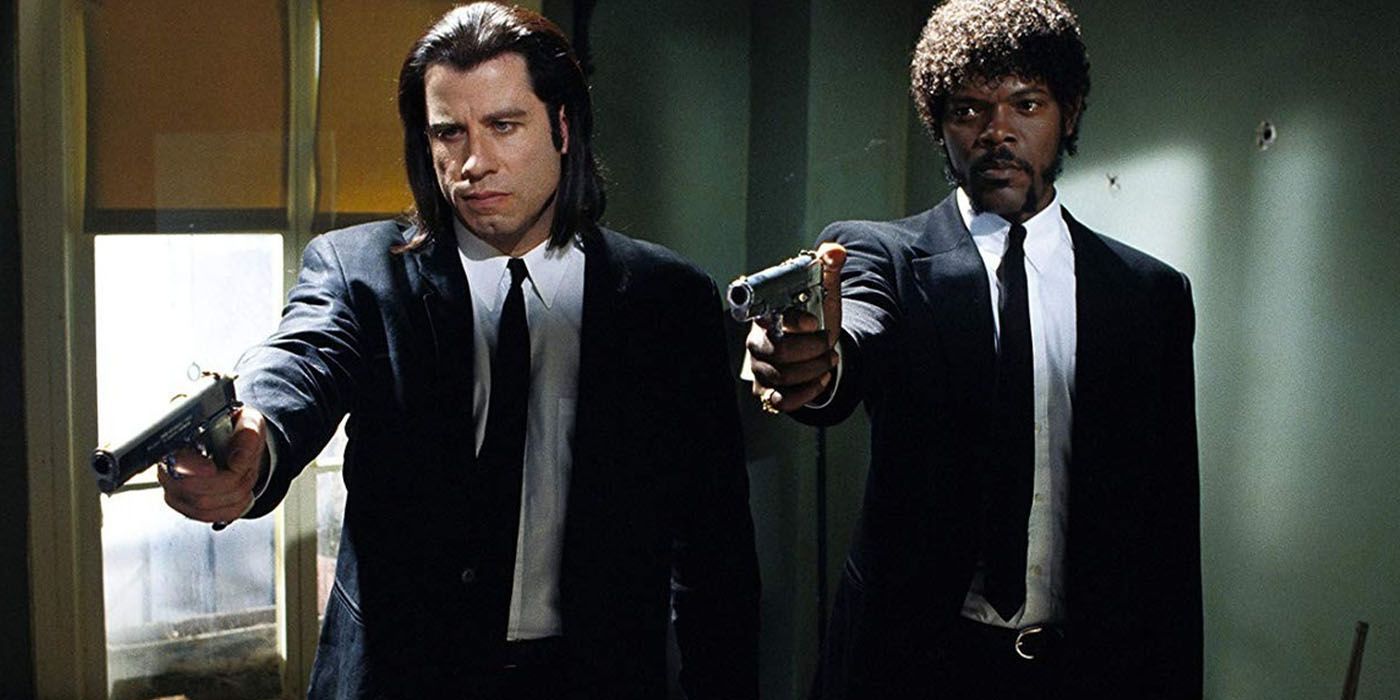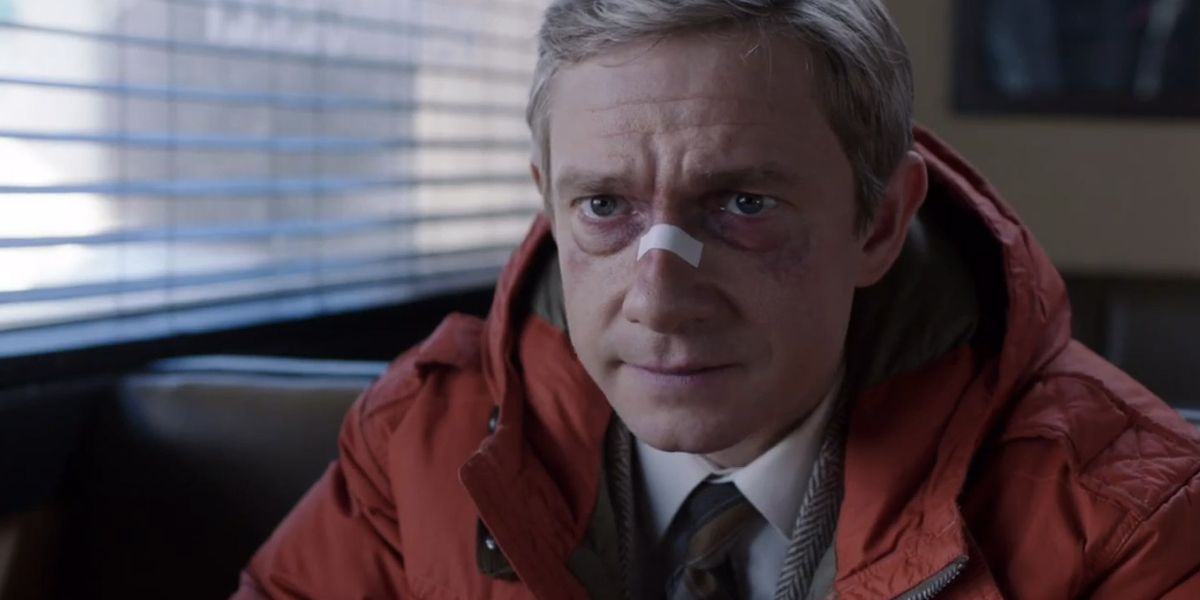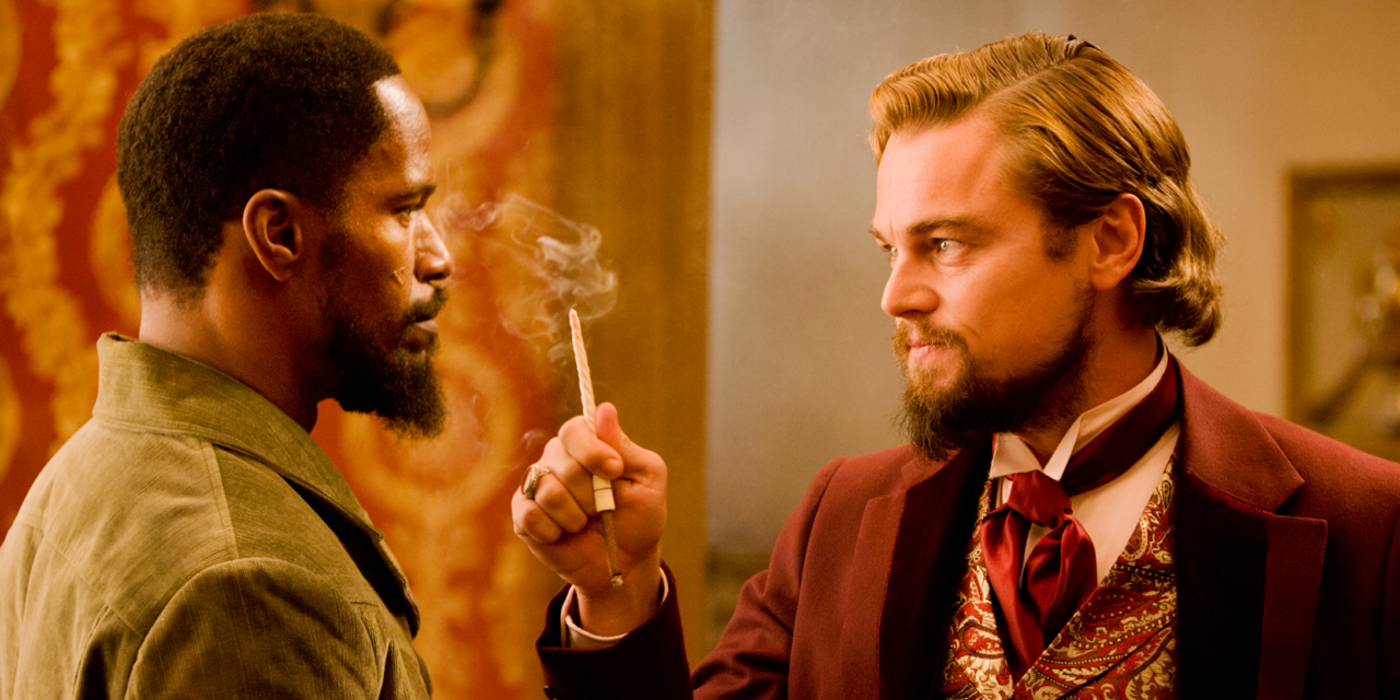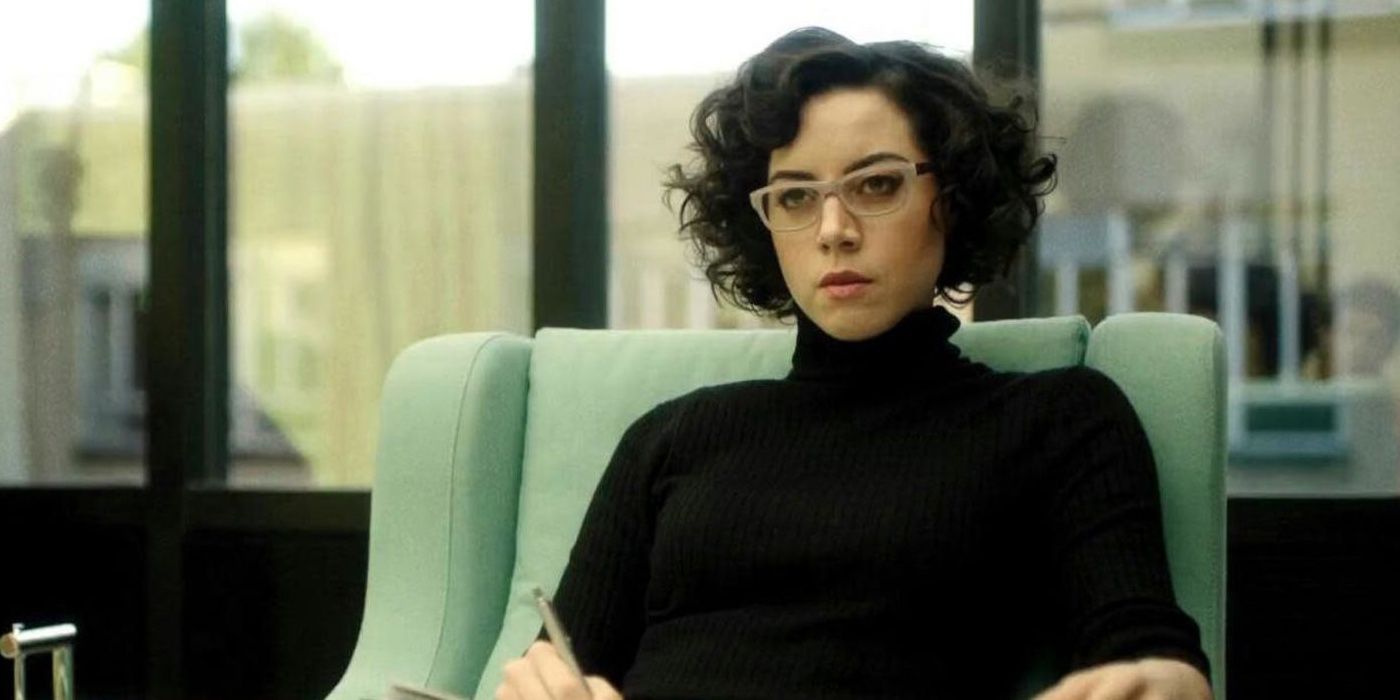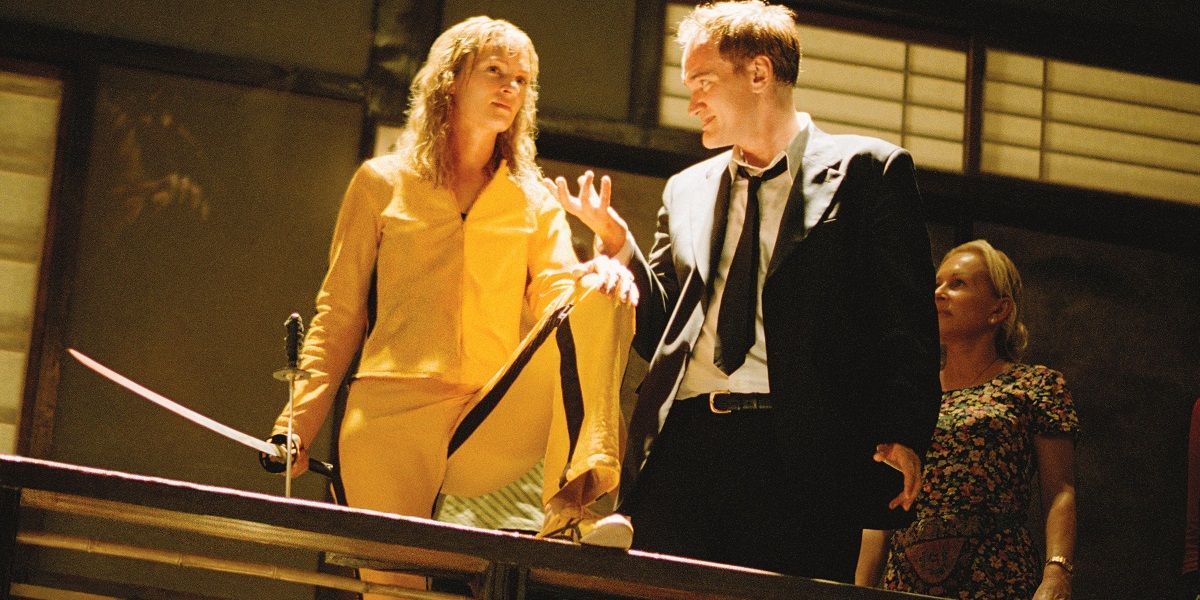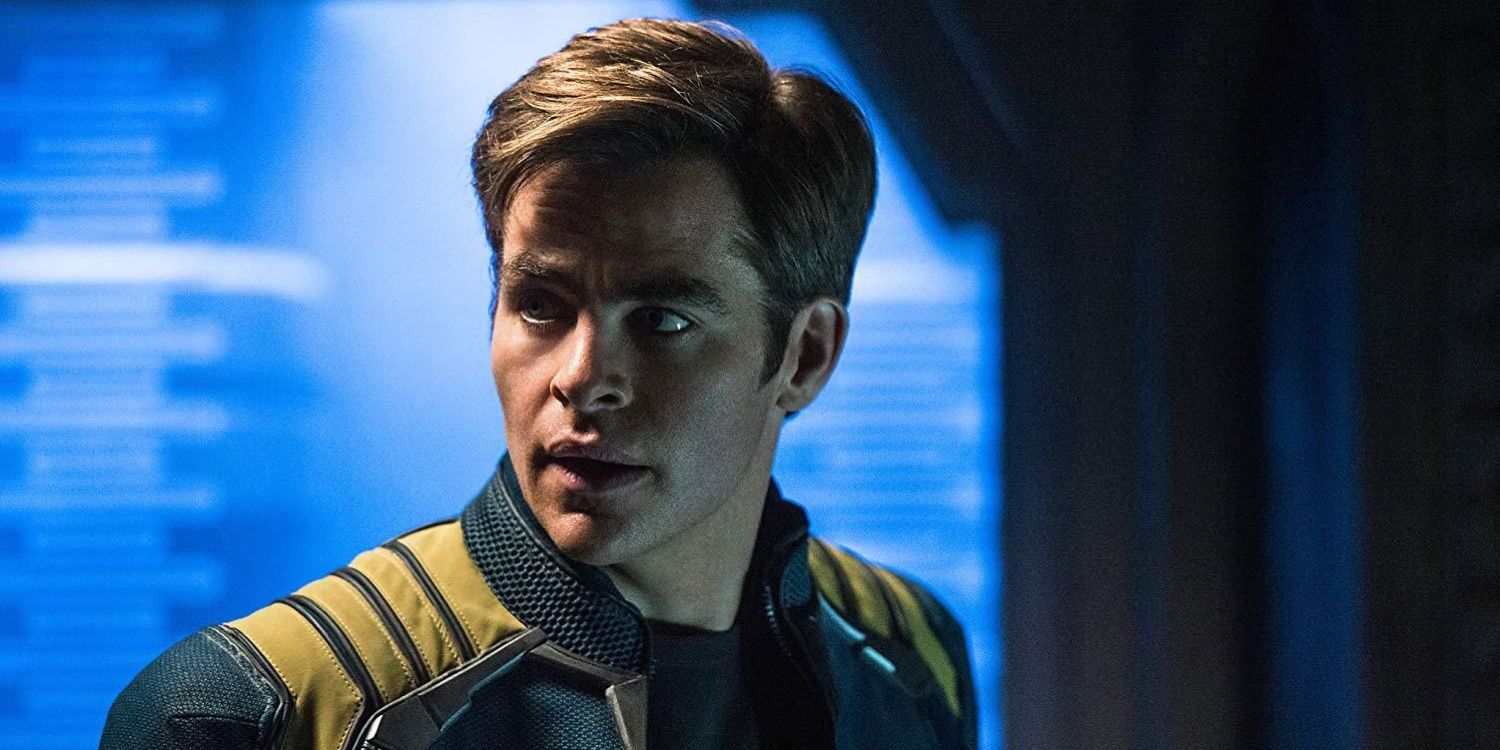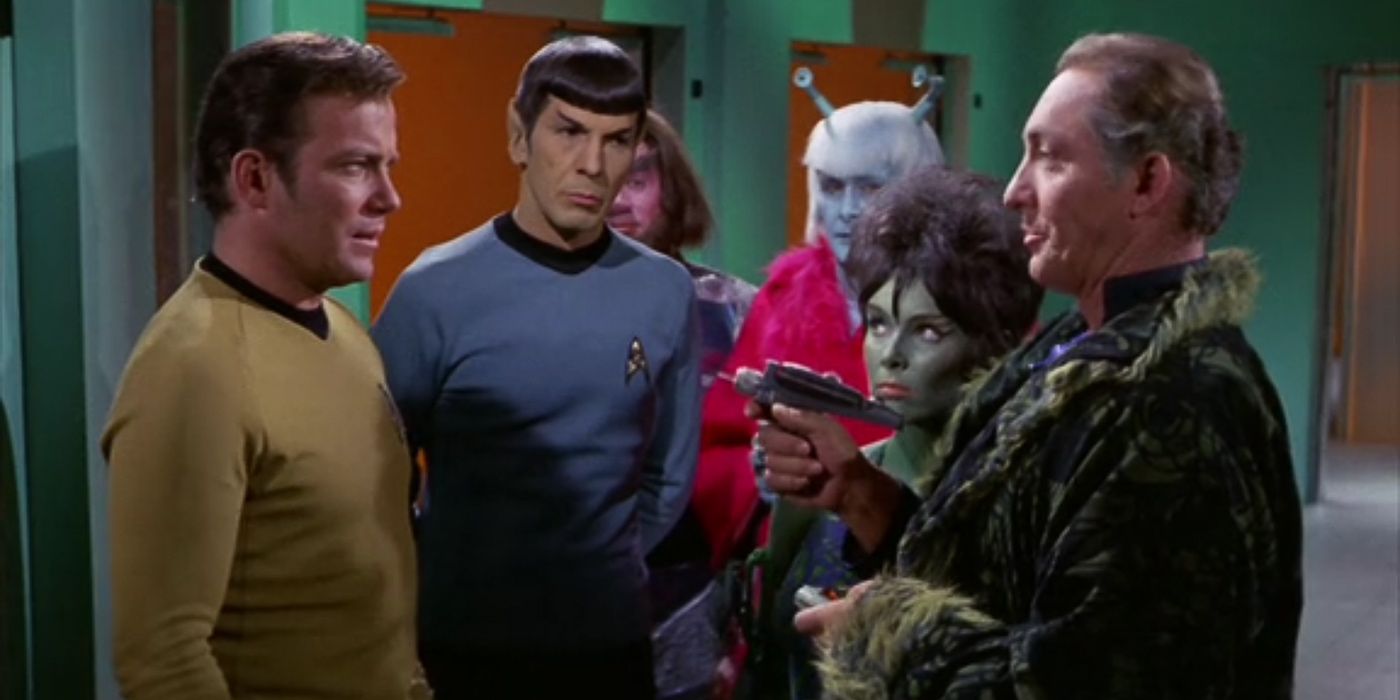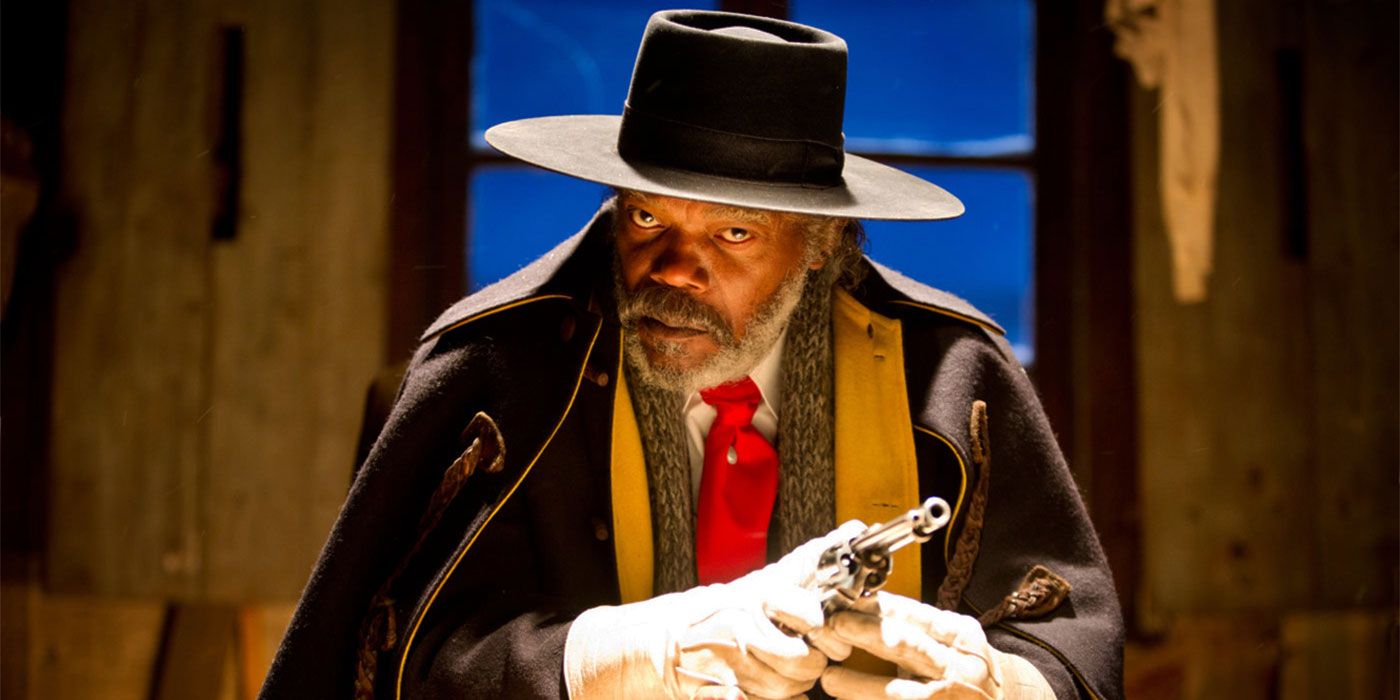It was recently announced that Paramount has hired Noah Hawley, the creator of FX’s Fargo and Legion and the director of this year’s Lucy in the Sky, to write and direct the next Star Trek movie, the fourth installment in the rebooted franchise started by J.J. Abrams’ 2009 film. This project is reportedly separate from the R-rated Star Trek film that Paramount has been developing with Quentin Tarantino and Mark L. Smith, the screenwriter behind The Revenant. We present 5 Reasons We’re Excited For Noah Hawley’s Take On Star Trek (And 5 Why We’re Still More Excited For Tarantino’s).
Hawley: He can bring Legion’s focus on character to Star Trek
If there’s one main reason why Noah Hawley’s X-Men TV show Legion has been much more successful than Fox’s X-Men movies (Logan and the Deadpool films notwithstanding), it’s that Hawley took the time to make us care about the characters in his show. The Star Trek stories deal with such lofty, thought-provoking concepts that they need strongly drawn characters to keep them grounded. Hawley can bring the same focus to the arcs of Kirk, Uhura, and Spock that he’s brought to David Haller in Legion (and most of the characters in Fargo’s three seasons, and any of Hawley’s novels, for that matter).
Tarantino: It’s been described as “Pulp Fiction in space”
When Simon Pegg told reporters that Quentin Tarantino’s Star Trek movie would not be “Pulp Fiction in space,” Tarantino disputed this claim and told reporters that it would, in fact, be “Pulp Fiction in space.” Pulp Fiction has unforgettable characters, an unconventional narrative structure, visual influences from almost every classic genre of cinema, and more hidden meanings than you can give the Vulcan nerve pinch to. If Tarantino is planning to bring all of that to the Star Trek universe, then it could be the movie that brings together what Martin Scorsese describes as “cinema” and the “theme park” label that he gives to franchise movies.
Hawley: Fargo proved he can successfully recreate another artist’s vision
When a franchise has been created with such intense vision as the groundwork laid by Gene Roddenberry for Star Trek, the hardest task for any subsequent creators brought on to contribute to that franchise is replicating that vision, while also giving it a sense of originality. It’s virtually impossible. J.J. Abrams and Rian Johnson are two incredibly talented filmmakers, but in directing their Star Wars films, they’ve failed to recapture the idiosyncratic magic that George Lucas put into the original movies. With TV’s Fargo, Noah Hawley has taken the Coen brothers’ unmistakable vision and successfully put his own spin on it.
Tarantino: He always does great character work
While Noah Hawley’s characters might be psychologically deep and more relatable than Quentin Tarantino’s, Tarantino’s are arguably more memorable. Characters like Jules Winnfield, the Bride, Django Freeman, and Col. Hans Landa have gripped audiences.
One of Tarantino’s greatest strengths as a writer is figuring out what makes a character tick and just rolling with it without sticking to a rigid outline, and seeing where they end up. It’ll be fascinating to see him bring this to iconic, richly drawn characters like James T. Kirk, Nyota Uhura, Spock, and “Bones” McCoy. Imagine one of those characters delivering an expletive-laden Tarantino monologue.
Hawley: His novels and TV work prove he can tell complex stories on a grand scale
The best and worst thing about Star Trek Beyond is that it felt like an episode of the old TV show. The cast was scattered by an inciting incident and slowly brought back together during the second act for a big showdown with the villain. This was good, because the tone of The Original Series was missing from Into Darkness, but also bad, because a feature-length movie needs to go above and beyond what can be done in an hour-long TV episode. Noah Hawley’s literary works and TV shows have proven that he can tell complicated stories on a large scale.
Tarantino: It’ll have a completely different tone than we’re used to
Whereas Noah Hawley will have no problem translating the look and feel of Gene Roddenberry’s classic Star Trek stories to the big screen, Quentin Tarantino will do something entirely new with the concept altogether. Tarantino’s style is defined by blending a bunch of influences together to create something new. He combined Lady Snowblood, Game of Death, Sergio Leone’s Spaghetti Westerns, and the Shaw Brothers’ kung fu classics to create the unique style of Kill Bill. It’s the apex of postmodernism. Tarantino will give us a Star Trek movie like we’ve never seen before, and not just because it’ll have an R rating.
Hawley: It’ll be a true sequel to Star Trek Beyond
It’s unclear exactly how Quentin Tarantino’s Star Trek movie will fit into the wider franchise, because the director himself has said it’ll be set in “the Chris Pine timeline,” but the film has been established as a separate standalone project. Noah Hawley’s new movie, on the other hand, is being developed as a true sequel to Star Trek Beyond, the once-mooted Star Trek 4. Beyond might not have been to everyone’s tastes, but unlike Into Darkness, it actually felt like Star Trek. It also set up some interesting storylines and established Sofia Boutella’s Jaylah as an invaluable new member of the cast.
Tarantino: An R-rated Star Trek movie could be in the same league as Logan or Joker
Although some movie buffs will complain that his work is derivative, there’s no denying that Quentin Tarantino is a fantastic director with a strong command of the filmmaking craft. If he makes a Star Trek movie with an R rating and his particular creative brand, it could do for big-budget sci-fi spectacle what James Mangold’s Logan and Todd Phillips’ Joker did for comic book movies. Tarantino is a two-time Oscar winner (and five-time nominee) who never phones in a movie — even Death Proof, by far the director’s least popular film, contained 110% of Tarantino’s heart and soul — so it seems reasonable to have faith in his vision for Star Trek.
Excited for Hawley’s take: His work has always dealt with social themes
Ever since Gene Roddenberry set out to reflect the politics and paranoias of the 1960s through a 23rd century setting, Star Trek stories have been about dealing with sociological and political subtext. Roddenberry used the endless possibilities of his fictional universe to explore very grounded fears. Noah Hawley has always explore sociopolitical themes in his work.
Legion is a study of mental illness. The first season of Fargo was about the evil in all of us, the second season was about conflict incited by poor communication, and the third season was about the subjectivity of truth. He’s a great fit for the sociological aspects of Star Trek.
Tarantino: There’s always something to love in a Tarantino movie
Quentin Tarantino has never made a movie without at least some merit. His most popular films — Pulp Fiction, Django Unchained, Kill Bill, Inglourious Basterds, etc. — are often ranked among the greatest films ever made. But outside of those near-universally adored works, even Tarantino’s least popular films have something to love in them. The Hateful Eight has compelling performances and an unforgettable score by Ennio Morricone. Once Upon a Time in Hollywood was criticized for having too many filler scenes, but the filler scenes were mostly entertaining, and they contributed to the movie’s thesis as a love letter to ‘60s Hollywood. His Star Trek movie will undoubtedly be awesome, simply because he’s at the helm.

